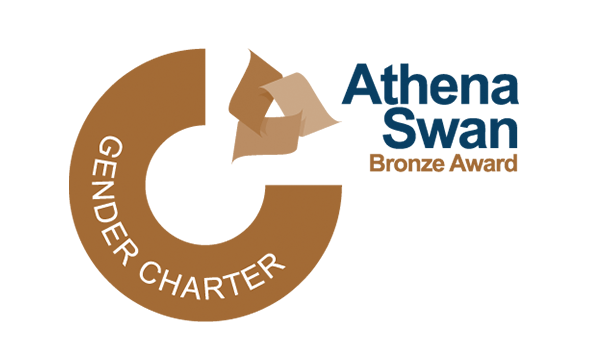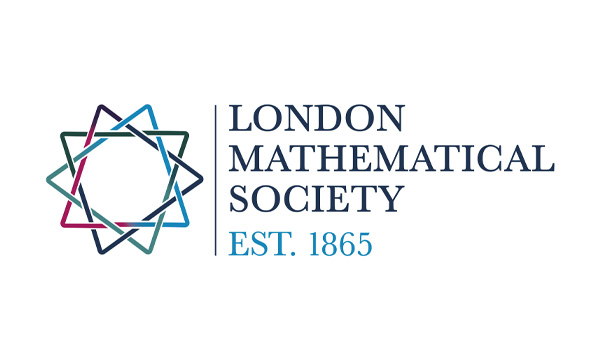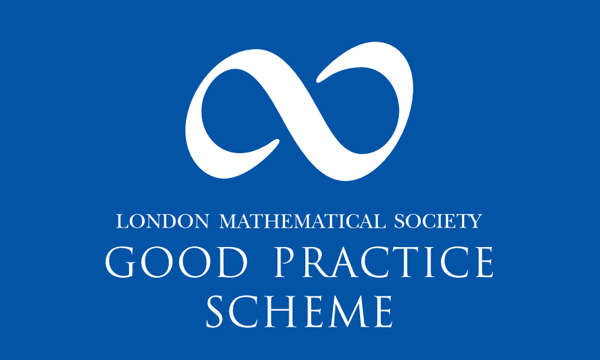Functor Categories for Groups
Wednesday 26th June 2019, University of Cambridge Local organiser: Rachel Camina
This is the eighth meeting of the Research Group Functor Categories for Groups (FCG).
The provisional timetable is as follows:
- 1:00-2:00pm: Brita Nucinkis (Royal Holloway), The family of Richard Thompson's Groups: something for (almost) everyone
- 2:00-2:30pm: Tea and coffee
- 2:30-3:00pm: Nick Winstone (Royal Holloway), Regular Irrational Subdivisions and Common Refinements
- 3:15-3:45pm: Richard Freeland (Cambridge), Constructing a Hecke algebra for Thompson's group V
- 4:00-5:00pm: Rachel Skipper (Göttingen), Finiteness properties of simple groups
Abstracts
Brita Nucinkis (Royal Holloway), The family of Richard Thompson's Groups: something for (almost) everyone
I will give an introduction into R. Thompson's groups, will explain several ways people think about them, and will talk about some of their properties. If time permits I will also introduce an example of a Thompson group with irrational slopes, which has some surprising features (joint work with Burillo and Reeves).
Nick Winstone (Royal Holloway), Regular Irrational Subdivisions and Common Refinements
Elements of Thompsons group F can be defined as an affine interpolation of regular subdivisions of the unit interval. We define regular subdivisions associated with subdivision polynomials and determine which regular subdivisions can be used to create the elements of the groups Fτ with τ an algebraic integer. By adapting the work of S. Cleary and J. Brown, we find that for degree 2, the subdivision polynomials must be Pisot polynomials.
Richard Freeland (Cambridge), Constructing a Hecke algebra for Thompson's group V
The Iwahori-Hecke algebra of the symmetric group is a useful construction in its representation theory, and can be defined by deforming its Coxeter presentation. Thompson's group V has many similarities to symmetric groups, but not much is known about its representation theory. This talk will show a useful presentation for V which can be deformed to give a Hecke-like algebra which preserves as many of the properties of the symmetric groups Hecke algebras as possible.
Rachel Skipper (Göttingen), Finiteness properties of simple groups
A group is said to be of type Fn if it admits a classifying space with compact n-skeleton. We will consider the class of Röver-Nekrachevych groups, a class of groups built out of self-similar groups and Higman-Thompson groups, and use them to produce a simple group of type Fn+1 but not of type Fn for each n. These are the first known examples for n > 2. This is a joint work with Stefan Witzel and Matthew C. B. Zaremsky.




